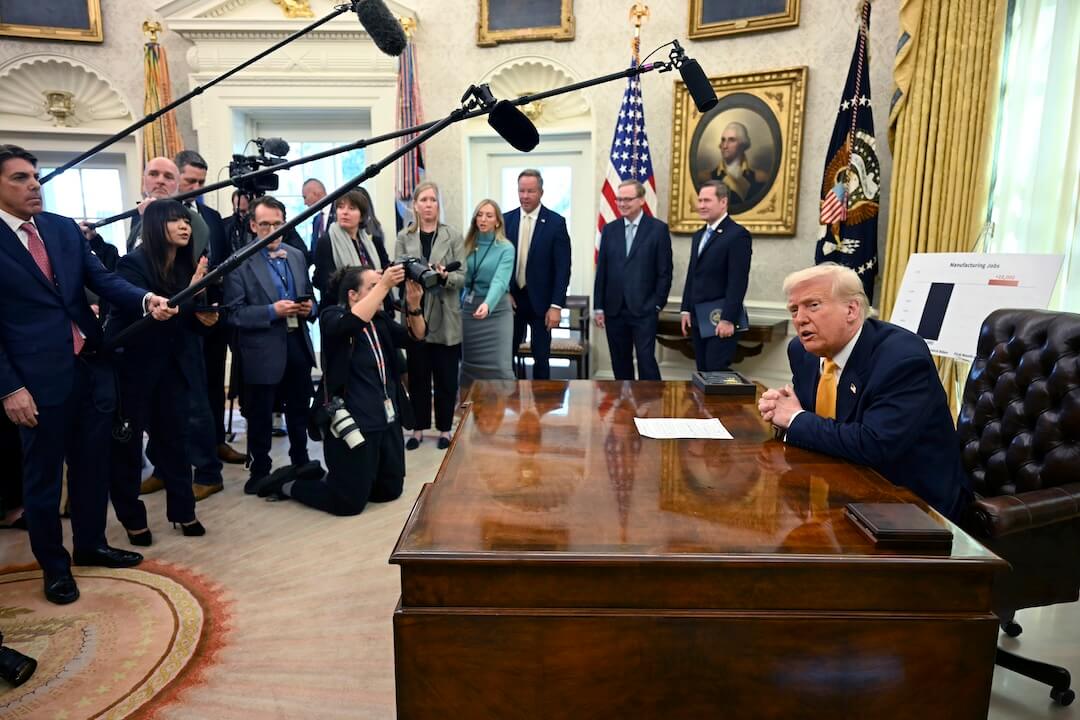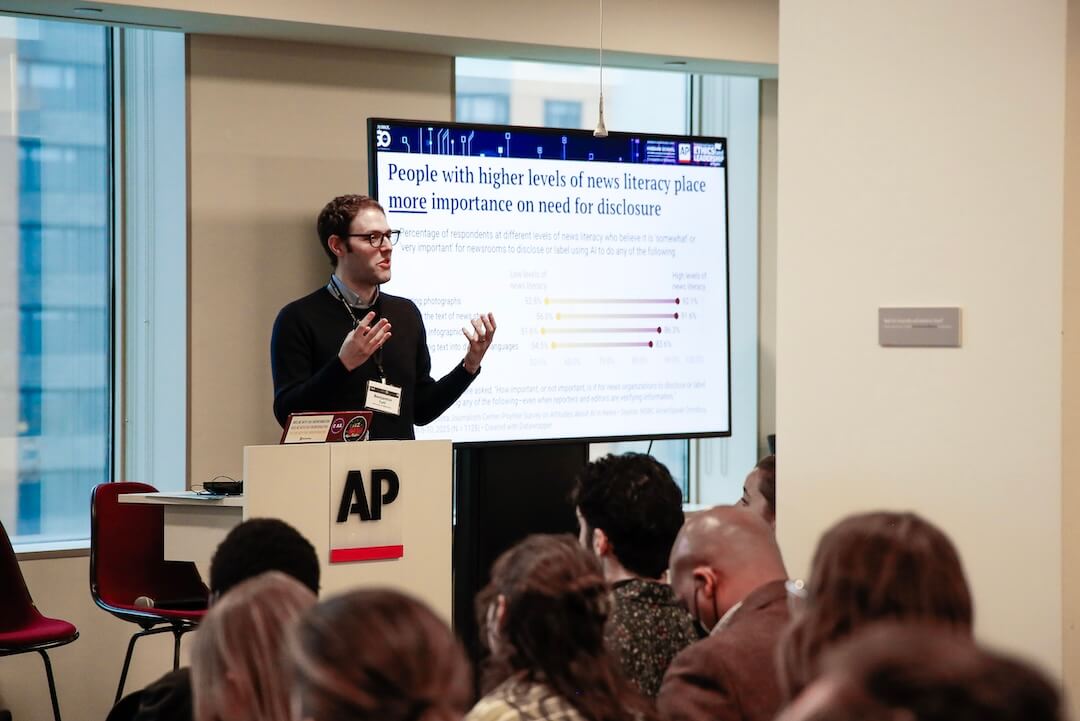For reporter Jonathan Tilove and photographer Michael Falco, they had a simple strategy when they arrived in a new city to survey a street or boulevard named after the Rev. Martin Luther King Jr.
Walk, Talk, and Listen
Reporter
Jonathan Tilove
Michael Falco
Part 1: [ Story | Photo Gallery ]
Part 2: [ Story | Photo Gallery ]
Part 3: [ Story | Photo Gallery ]
Part 4: [ Story | Photo Gallery ]
Part 5: [ Story | Photo Gallery ]
Part 6: [ Story | Photo Gallery ]
They drove the boulevard a couple of times. They parked their car. Then walked. And talked. And listened.
They would spend days and sometimes weeks in the neighborhood. And often, they would return to see people again.
The result of their persistence — a multi-part series for Newhouse News Service — is a remarkable group of stories and photographs about life along the most recognizable road for Black America. And for two white journalists, the project was not without some initial anxieties.
“I had come to assume there would be a level of suspicion and cynicism about what reporters are doing, and there is some,” says Tilove who workers in Newhouse’s Washington bureau. “But as we explained the project, it made sense to people and they kind of liked the idea that we were doing it.”A freelance photographer based in New York, Falco also had some initial misgivings that quickly dissipated. “It was my own barriers that I had to break down,” he says.
During the project, Falco began reading about black history and the voting rights movement and civil rights campaigns. He also sometimes opted to leave his camera behind and talk with people first before seeking to photograph them.
One time, he encountered a game of checkers played by a group of elderly men at a Mississippi gas station and was drawn to a reticent man in his 70s, smoking a cigar and wearing suspenders. The man told him that no one ever takes his pictures, but after spending time together in conversation, the older man finally told Falco that since he would need a picture for his casket, the photographer may as well take his picture.
Men playing pool checkers at Brown’s service station, MLK Drive, Jackson, Miss. (Photo by Michael Falco)
As he does on other assignments, Falco says he tried to use composition as a storytelling tool in photographing the people and activities along MLK. And both he and Tilove stress the need for a journalist to walk the territory and spend time listening and talking to people.
For their MLK series, the pair would visit and re-visit a place and were unafraid to go where the story took them. While individual stories began on the street named King, for example, they went on to people’s homes and other locales and saw the neighborhood connections. They also demonstrated their willingness to report their story — at one point, driving 1,100 miles through the nation’s midsection during a two-week tour of 18 MLK streets.
They overcame the doubts of those skeptical about their project by taking the time to explain their journalistic mission and by listening to people’s stories and concerns and histories and complaints and accomplishments.
And during their months on the road, the two discovered the value of working closely as reporter and photographer. As Tilove recalls, there was the moment when he was having trouble getting a prominent city council member to return his call until Falco told him that he had just met the man’s father at the gas station — playing checkers.
When they went to the service station and explained things, the father promptly picked up a cell phone and contacted his son for Tilove to interview.
More News
Opinion | Q&A: CNN’s David Culver on his exclusive report from inside El Salvador’s prison for deportees
The national correspondent reflects on the rare access he gained to El Salvador’s notorious prison and what he uncovered
Meta is failing to stop dangerous disinformation in the world’s most spoken languages
Internal docs and fact-checkers show Meta often misses harmful posts in Swahili, Amharic, Oromo and more — putting real communities at risk
What is a recession? Is it tied to stock market declines? What to know after Trump’s tariffs
For weeks, stock markets have been falling, and the plunge accelerated after Trump on April 2 unveiled tariffs on virtually every country
The White House must lift its ban on The Associated Press, judge rules
A federal judge ordered the Trump administration to restore the AP’s access to the Oval Office, Air Force One and other White House events
Audiences are still skeptical about generative AI in the news
Wide-ranging research from Poynter and the University of Minnesota sheds light on how people feel about AI in journalism. It’s not pretty.





